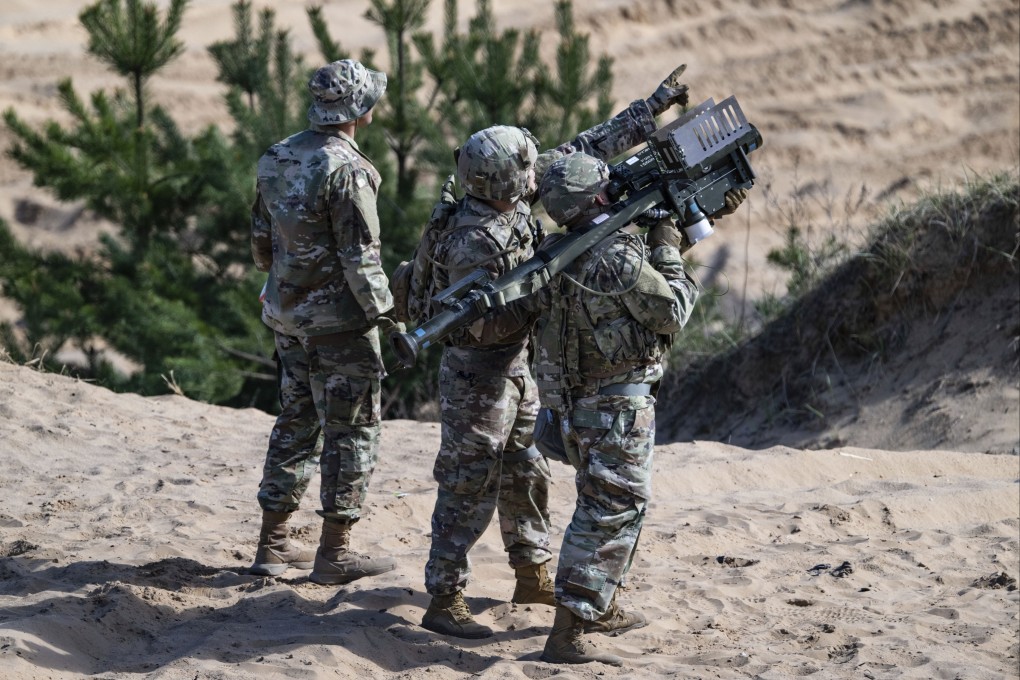US unveils US$345 million in military aid for Taiwan to help counter China
- The package will include man-portable air defence systems, intelligence and surveillance capabilities, firearms and missiles, according to two US officials
- This is in addition to nearly US$19 billion in military sales of F-16s and other major weapons systems that the US has approved for Taiwan

The US on Friday announced US$345 million in military aid for Taiwan, in what is the Biden administration’s first major package drawing on America’s own stockpiles to help Taiwan counter China.
The White House’s announcement said the package would include defence, education and training for the Taiwanese.
Washington will send man-portable air defence systems, or Manpads, intelligence and surveillance capabilities, firearms and missiles, according to two US officials who spoke on the condition of anonymity to discuss sensitive matters ahead of the announcement.
US lawmakers have been pressuring the Pentagon and White House to speed weapons to Taiwan. The goals are to help it counter China and to deter China from considering attacking, by providing Taipei enough weaponry that it would make the price of invasion too high.
The package is in addition to nearly US$19 billion in military sales of F-16s and other major weapons systems that the US has approved for Taiwan. Delivery of those weapons has been hampered by supply chain issues that started during the Covid-19 pandemic and have been exacerbated by the global defence industrial base pressures created by Russia’s invasion of Ukraine.
The difference is that this aid is part of a presidential authority approved by Congress last year to draw weapons from current US military stockpiles – so Taiwan will not have to wait for military production and sales. This gets weapons delivered faster than providing funding for new weapons.
